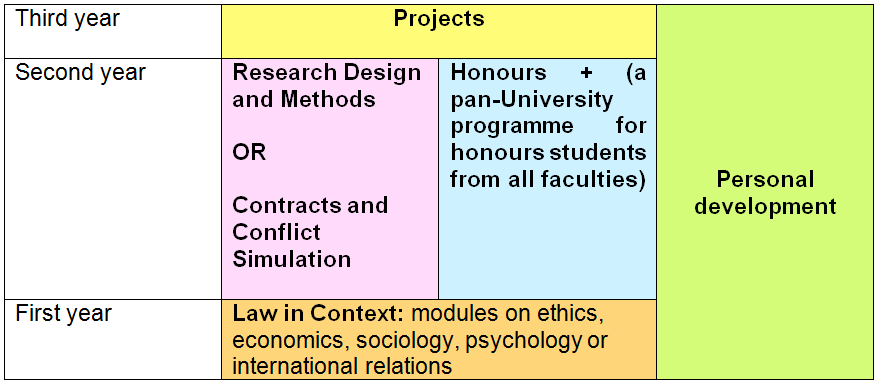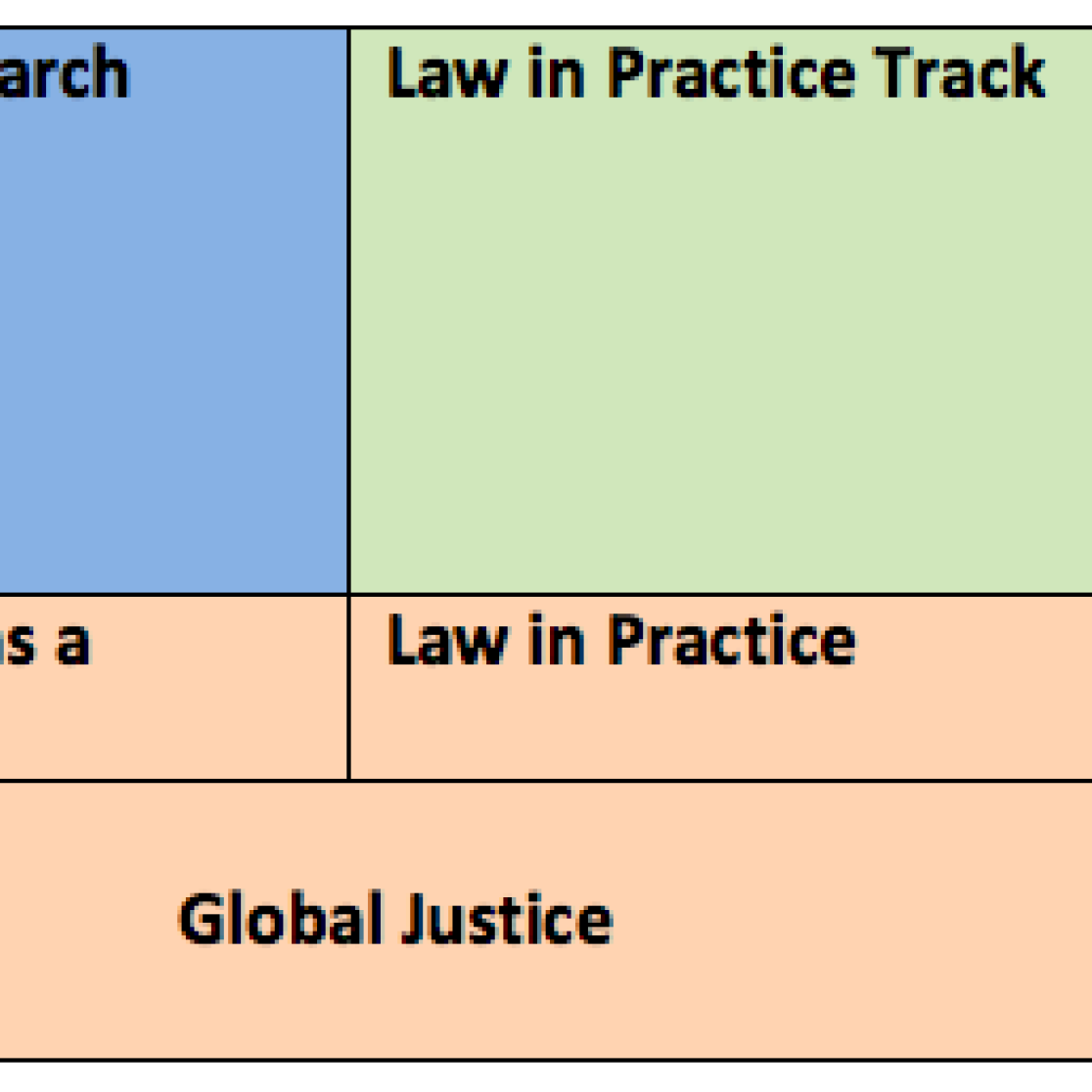Professors
| Name | Title | Gender | Type of Chair | Chair | Date of employment | Financier |
|---|---|---|---|---|---|---|
| Bijker, Wiebe | Prof.dr.ir. | Male | Emeritus Professor | Technology and Society | 01/05/1994 | UM |
| Bijsterveld, Karin | Prof.dr. | Female | Professor | Science, Technology and Modern Culture | 01/08/2005 | UM |
| Blom, Tannelie | Prof.dr. | Male | Emeritus Professor | European Studies | 01/01/2004 | UM |
| Bosse, Giselle | Prof. dr. | Female | Professor | EU External Democracy Support | 01/02/2025 | UM |
| de Bont, Raf | Prof. dr. | Male | Professor | History of Science and the Environment | 01/01/2020 | UM |
| Conzelmann, Thomas | Prof.dr. | Male | Professor | International Relations | 01/03/2013 | UM |
| Cornips, Leonie | Prof.dr. | Female | Professor holding an endowed chair | Language Culture in Limburg | 01/09/2011 | SWUM |
| Dijkstra, Hylke | Prof.dr. | Male | Professor | International Security and Cooperation | 2007 | UM |
| Harris, Anna | Prof.dr. | Female | Professor | Anthropology and Medicine | 01/08/2024 | UM |
| Homburg, Ernst | Prof.dr. | Male | Emeritus professor | History of Science and Technology | 01/01/2002 | UM |
| Hommels, Anique | Prof.dr. | Female | Professor holding an endowed chair | Sociohistorical Technology studies | 2001 | Foundation of the History of Technology |
| Labrie, Arnold | Prof.dr. | Male | Emeritus professor | Society and Cultural History | 01/09/1992 | UM |
| Leerssen, Joep | Prof.dr. | Male | Emeritus Professor | Limburg and Europe | 01/09/2019 | Centre for the Social History of Limburg |
| Lente, Harro van | Prof.dr. | Male | Professor | Science and Technology Studies | 01/09/2014 | UM |
| Mazzucato, Valentina | Prof.dr. | Female | Professor | Globalisation and Development | 01/09/2008 | UM |
| Mesman, Jessica | Prof.dr. | Female | Professor | Complexity and Epistemic Diversity | UM | |
| Meacham, Darian | Prof.dr. | Male | Professor | Practical Philosophy with a thematic focus on the politics of socio-technical systems | 01/05/2024 | UM |
| Mody, Cyrus | Prof.dr. | Male | Professor | History of Science Technology and Innovation | 01/08/2015 | UM |
| Neuhold, Christine | Prof.dr. | Female | Professor | EU Democratic Governance | 01/05/2013 | UM |
| Neuteleers, Stijn | Prof.dr. | Male | Professor holding an endowed chair | Philosophy of Sustainable Development | 01/01/2023 | Socrates |
| Parkinson, John | Prof.dr. | Male | Professor | Social and Political Philosophy | 01/01/2019 | UM |
| Peters, Klaartje | Prof.dr. | Female | Professor holding an endowed chair | Local and Regional Governance | 01/11/2013 | SWUM |
| Peters, Peter | Prof.dr. | Male | Professor holding an endowed chair | Innovation of Classical Music | 01/09/2018 | UM/Zuyd University of Applied Sciences |
| Randeraad, Nico | Prof.dr. | Male | Professor holding an endowed chair | Comparative Regional History | 15/04/2020 | Centre for the Social History of Limburg |
| Schmeets, Hans | Prof.dr. | Male | Professor holding an endowed chair | Social Statistics | 01/04/2008 | CBS |
| Schreibman, Susan | Prof.dr. | Female | Professor | Digital Arts and Culture | 01/01/2019 | UM |
| Shackleton, Michael | Prof.dr. | Male | Emeritus professor | European Institutions | 01/08/2008 | UM |
| Steinbock, Eliza | Prof.dr. | Non-binary | Professor | Transgender Studies, Art and Cultural Activism | 01/04/2024 | UM |
| Swierstra, Tsjalling | Prof.dr. | Male | Professor | Philosophy | 01/09/2010 | UM |
| Swinnen, Aagje | Prof.dr. | Female | Professor with a specialised remit | Aging Studies | 01/08/2020 | UM |
| Vall, Renée van de | Prof.dr. | Female | Emeritus Professor | Arts and Culture | 01/07/2009 | UM |
| Vanhoonacker, Sophie | Prof.dr. | Female | Professor | Administrative Governance in the EU | 01/05/2008 | UM |
| Versluis, Esther | Prof.dr. | Female | Professor | European Regulatory Governance | 01/05/2015 | UM |
| Vink, Maarten | Prof.dr. | Male | Professor | Political Science | 01/01/2004 | UM |
| Wesseling, Lies | Prof.dr. | Female | Professor | Gender, Cultural memory and Diversity | 01/09/2016 | UM |
| Wyatt, Sally | Prof.dr. | Female | Professor | Digital Cultures | 12/11/2007 | UM |
* ir. refers to the Dutch title ‘ingenieur’
Further information about areas of expertise is available on profile pages, as well as in Maastricht University’s Current Research Information System (CRIS)
Associate professors
| Name | Title | Gender | Type of Chair | Field | Financier |
|---|---|---|---|---|---|
| Arnold, Christine | Dr. | Female | Associate professor | European Studies | UM |
| Bijsmans, Patrick | Dr. | Male | Associate professor | Teaching and Learning European Studies | UM |
| Bosse, Giselle | Dr. | Female | Associate professor | EU External Relations | UM |
| Doorman, Maarten | Dr. | Male | Associate professor | Philosophy | UM |
| Herranz-Surralles, Anna | Dr. | Female | Associate professor | International Relations | UM |
| Jong, Joop de | Dr. | Male | Associate professor | Arts and Heritage | UM |
| Kluveld, Amanda | Dr. | Female | Associate professor | History | UM |
| Noutcheva, Gergana | Dr. | Female | Associate professor | International Relations and European Foreign Policy | UM |
| Papadopoulos, Costas | Dr. | Male | Associate Professor | Digital Humanities and Culture Studies | UM |
| Sierp, Aline | Dr. | Female | Associate professor | European History and Memory Studies | UM |
| Sitzia, Emilie | Dr. | Female | Associate professor | Cultural Education | UM |
| Somsen, Geert | Dr. | Male | Associate professor | Science and International Relations | UM |
| Spendzharova, Aneta | Dr. | Female | Associate professor | Regulatory Governance in the EU | UM |
| Verbeeck, Georgi | Dr. | Male | Associate professor | Modern History and Political Culture | UM |
| Wachelder, Jo | Dr. | Male | Associate professor | History | UM |

